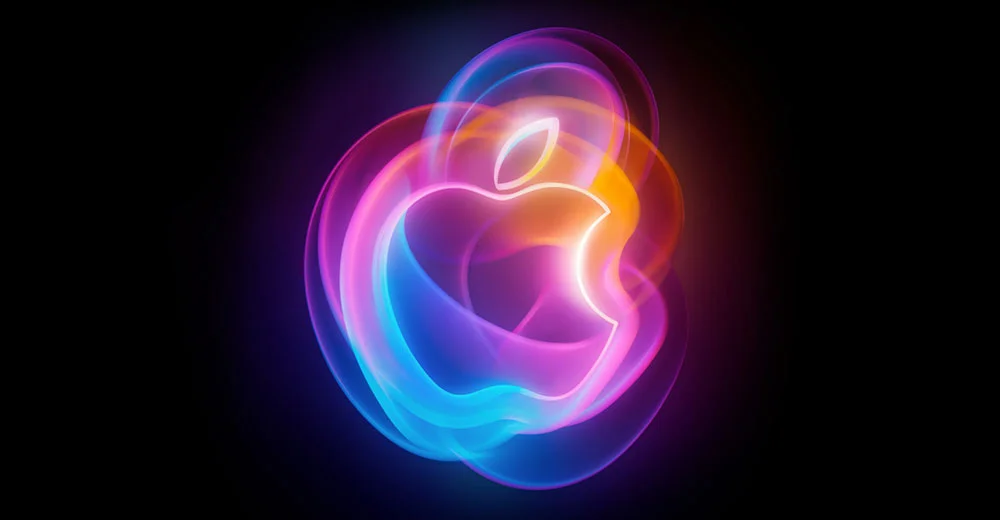Apple Glowtime Event Triples Down on Apple Intelligence

Apple’s greatest fear is that its exalted iPhone has become too foreseeable. For the most part, it has largely remained the same during the previous seven years, with incremental upgrades to its cameras, CPUs, and battery life.
However, Apple attempted to break free from this predictability on Monday by releasing the first iPhone models designed for artificial intelligence from the “ground up,” a phrase that CEO Tim Cook used in his opening remarks.
Consistent with its prior virtual product launches that spawned during the Covid era, the company hosted a prerecorded video from its Silicon Valley headquarters to unveil the iPhone 16, available in four variants optimized for Apple Intelligence, the company’s generative AI-powered system. According to Apple, the phones will have enhanced capabilities such as message sorting, recommendation writing, and an upgraded Siri, making it a more powerful virtual assistant.
The firm also revealed the Apple Watch Series 10, which features a larger, brighter display about 10% slimmer than its Series 9 predecessor. Apple also unveiled a new model, AirPods Pro, which can function as a professional-grade hearing aid — Apple’s first foray into that area — and automatically reduce noise at concerts or near construction sites.
Betting on AI to Boost Sluggish iPhone Sales
The release of the new phones is critical for Apple, as sales have been sluggish since 2021. The last time the company saw meaningful iPhone year-over-year growth in unit sales was largely due to the introduction of 5G.
Apple has struggled recently because iPhone owners have held onto their phones longer. By reorganizing its engineering teams to focus on artificial intelligence, it has placed a significant wager that the technology capable of producing images, writing software, and responding to queries will convince consumers to purchase new gadgets.
With these announcements, Apple is attempting to play a significant role in bringing AI to the masses. Although Microsoft, Google, and Samsung have added generative AI features to products, these features have not yet been broadly utilized. However, as demonstrated by digital music players, smartphones, and smartwatches, Apple has shown in the past that it is willing to wait to adopt and promote developing technologies.

